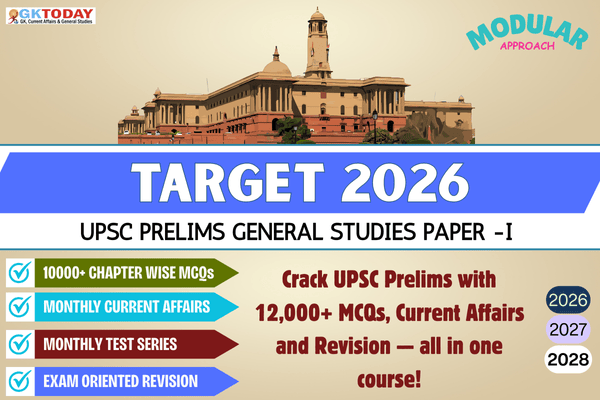National Medical Commission Guidelines on Live Surgery Broadcasts

The National Medical Commission (NMC) issued comprehensive guidelines to regulate the conduct and broadcast of live surgeries. These rules aim to protect patient safety, maintain ethical standards, and ensure educational value without commercial exploitation. The guidelines restrict live broadcasts to specific conditions and promote recorded videos and simulations as safer alternatives.
Scope and Purpose of Guidelines
The NMC mandates that live surgery broadcasts serve only educational purposes. Promotion of surgeons, hospitals, or medical products during live procedures is strictly prohibited. Surgeons must not have any financial interest in the equipment or devices used. The guidelines encourage recorded videos, wet labs, cadaveric, and simulation-based training for established or high-risk surgeries.
Patient Selection and Consent
Patients chosen for live broadcasts must be medically fit with no contraindications. High-risk cases, incomplete investigations, or unusual anatomy are excluded. Financial incentives for patient participation are banned. Informed consent must be obtained by the operating surgeon or team, explaining the educational intent, risks, anonymity, and the right to withdraw consent anytime. Patients should be enrolled in insurance covering unforeseen incidents, and all complications must be managed free of cost.
Operational Protocols and Safety Measures
Live surgeries must take place in accredited hospitals with full pre-operative, operative, and post-operative facilities. Essential equipment and contingency plans must be in place. The operating surgeon may provide step-wise commentary but cannot interact with the audience during the procedure to maintain focus on patient safety. A moderator may offer separate commentary. High-risk procedures should preferably be recorded rather than broadcast live.
Roles and Responsibilities
Organisers must ensure patient safety, confidentiality, and compliance with ethical standards. Explicit written consent is mandatory. Surgeons must prioritise patient welfare and be involved in pre-operative discussions and post-operative care for at least 24 hours. Foreign medical practitioners require temporary permission from the Ethics and Medical Registration Board and approval from the State Medical Council. An apex committee oversees adherence to guidelines.
Restrictions and Ethical Considerations
Live broadcasts must not involve commercial gain or glorification of surgeons. Patient identity confidentiality is paramount. Surgeries must follow established standard procedures. Insurance coverage should be explained to patients, and any surgery-related complications are to be handled without charge. Unedited recordings of procedures are to be preserved for at least two years unless involved in litigation.
Approval and Oversight
Prior permission from relevant regulatory bodies or institutional authorities is compulsory. Government hospitals require approval from the Dean, while private hospitals seek consent from the State Medical Council. Professional associations are tasked with self-regulation to prevent misuse of live broadcasts for promotion or commercial interests.







